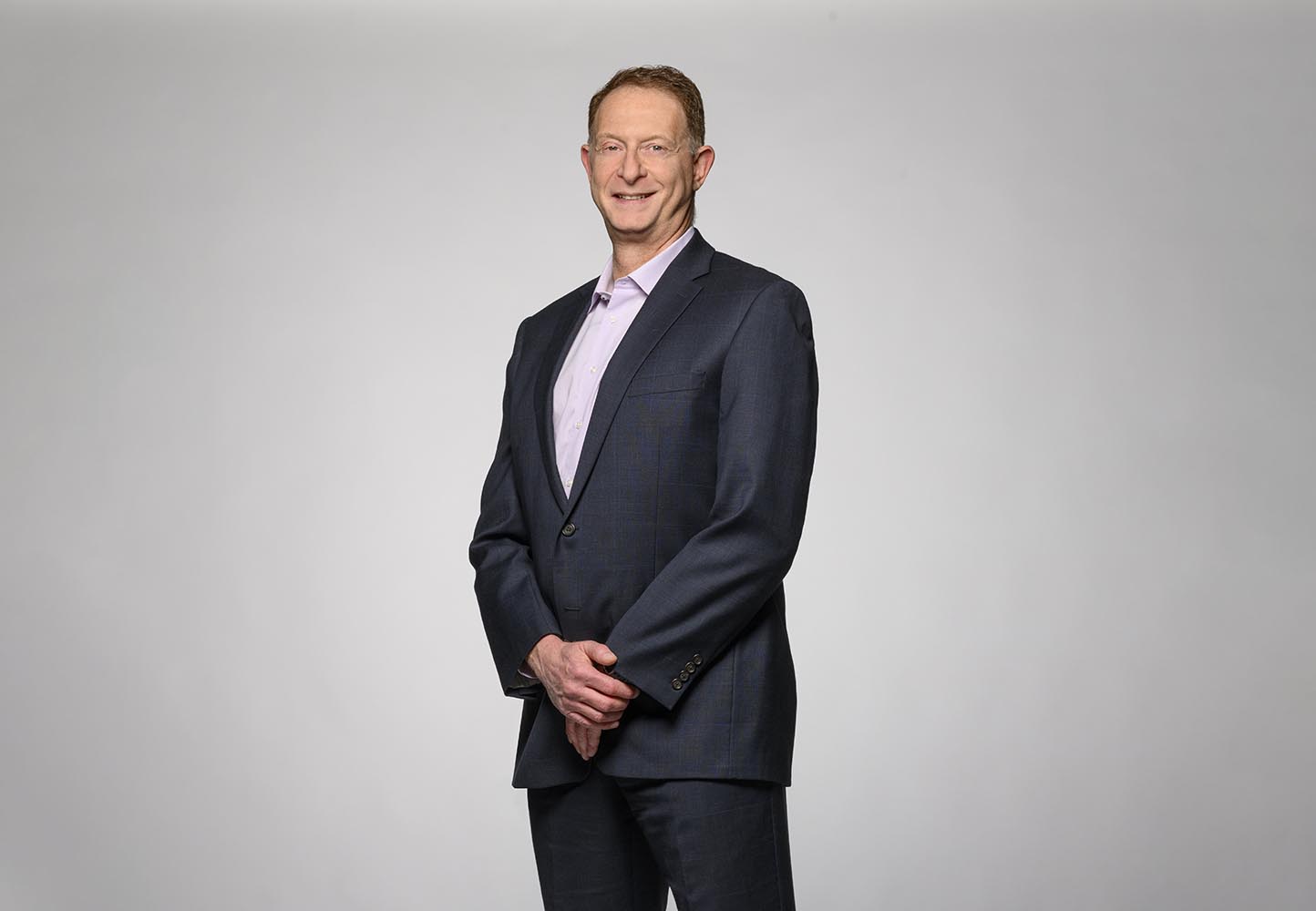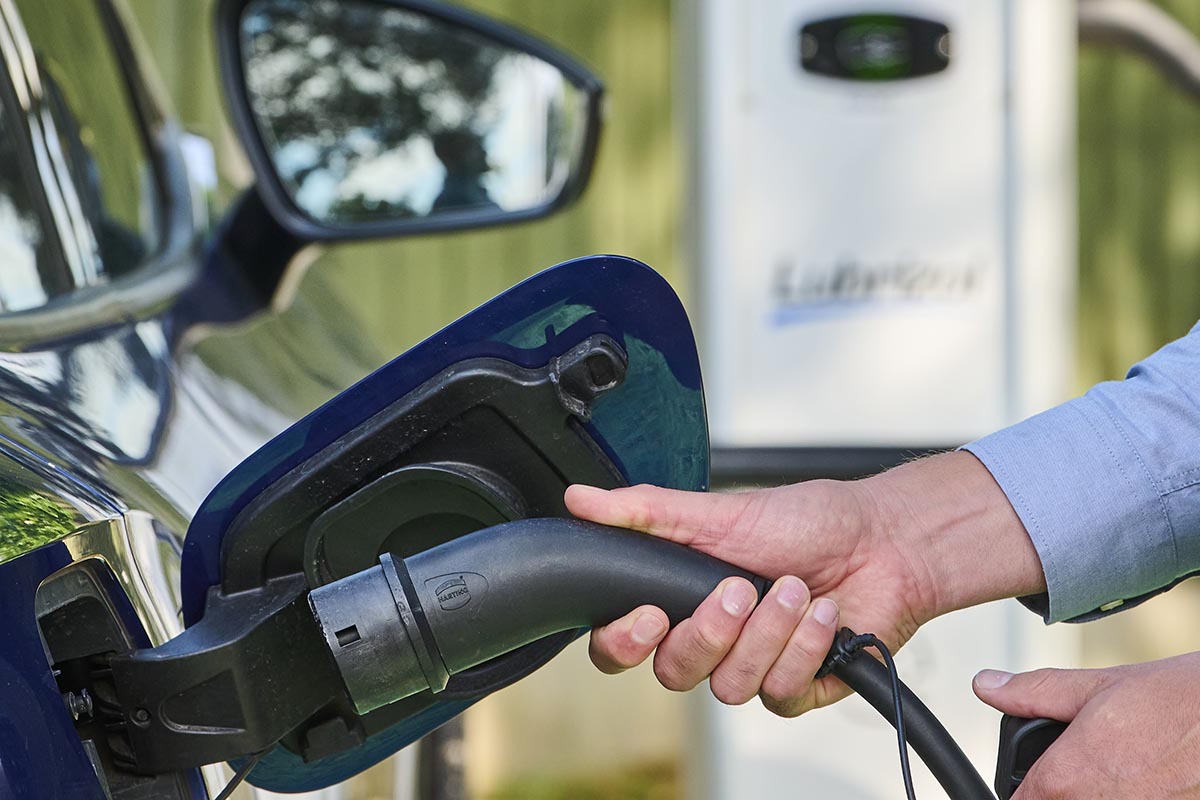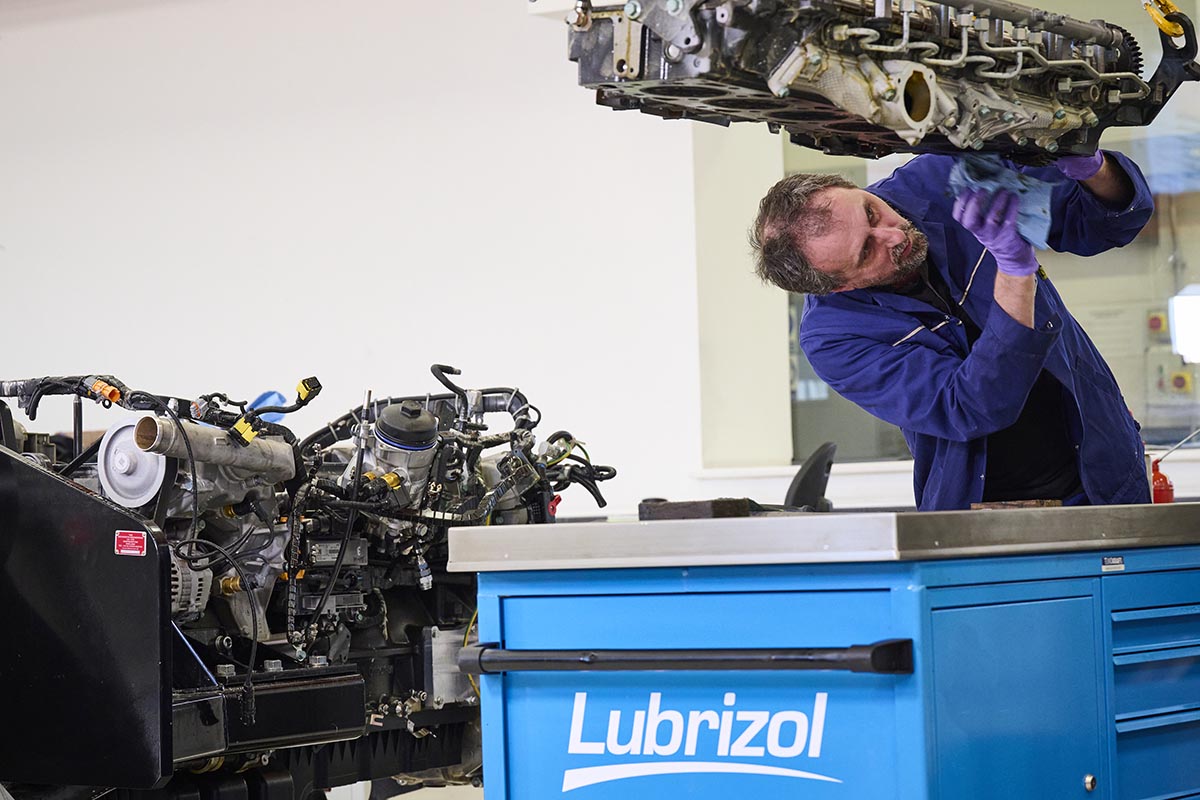
Lubrizol Additives: Reliability is top of the agenda
Flavio Kliger assumed the presidency of Lubrizol Additives in January 2023, stepping into a pivotal leadership role in the American specialty chemical company at an unpredictable time for the industry. His appointment came hot on the heels of three years of pandemic disruptions, raw material constraints and amidst a complex geopolitical landscape. Kliger sat down with Vicky Denton, CEO of F&L Asia Ltd, in January 2024 to reflect on his first year at the helm of Lubrizol Additives and the pressing challenges shaping the broader industry landscape.
Kliger, who moved to the United States from Brazil 13 years ago, has a background in economics. He holds a degree in Economics from the Universidade de Sao Paulo and a Master of Business Administration at Northwood University – DeVos Graduate School.
In 2013, while working at Dow Chemical Company, Kliger was exposed to lubricants—the start of a love affair with the lubricants industry. He joined Lubrizol in 2017 as GM CPI Fluid Engineering and now heads a global team of more than 4,000 employees.
It has been an eventful 12 months as president of Lubrizol Additives, due to unforeseeable market conditions. “I don’t believe any player in the industry could have planned for the destocking that started in the second quarter,” says Kliger.
The Covid-19 pandemic resulted in a large volume of excess inventory in the supply chain. Customers were operating with the mindset that to be reliable they must have higher inventories. In an improving economic environment, businesses opted to divest themselves of that excess inventory—significantly affecting upstream demand. Destocking impacts were more pronounced in the Western world; however, every region was affected, says Kliger.
What is interesting, is that the industry fundamentals remained strong. Miles driven were increasing and demand in end markets didn’t decrease in most countries, says Kliger. In Asia—particularly India, China and Southeast Asia—the middle class keeps growing and consuming at healthy levels. This was more of an industry issue than a market fundamentals issue, he says.
Off the back of the pandemic, reliability has moved to the top of the agenda. Seemingly, this does not mean holding large inventories anymore. However, Lubrizol and other industry stakeholders are placing greater emphasis on business continuation planning. We are far more proactive now due to the uncertainty of the last three years, says Kliger. On-time delivery is at historical highs thanks to continuation plans and efforts to address bottlenecks, he says. By way of example, the Lubrizol Additives head noted that Lubrizol supply is unaffected by the current Red Sea Crisis—a result of Houthi rebel attacks on cargo ships and tankers that is causing hundreds of vessels to avoid the Suez Canal.
Geopolitical fragmentation is on the rise, evidenced by strained trade relations, notably between the U.S. and China. This trend is reflected in some countries’ untangling and isolating their economies. Businesses are actively working to minimise exposure to vulnerabilities.

However, globalisation is not on its deathbed just yet. Kliger believes a decoupling is highly improbable. The scenario where countries close their borders and impose exorbitant taxes is a lose-lose for everyone involved. While there may be a slowdown in the pace of globalisation in the immediate term, “no one can stop globalisation,” he believes. The free market relies on nations focusing on their comparative advantages, as different nations possess distinct strengths. Lubrizol remains committed to its ambitious growth plans in the Asian region.
Lubrizol operates a global supply chain, leveraging multiple strategic “hubs” across the world and relying on strong relationships with global suppliers. Kliger noted that these global hubs play a crucial role in ensuring supply reliability—mitigating shortages in different regions and offering assistance to other plants as needed. This collaborative approach is integral to our business continuity plan, he says.
Kliger underscored the significance of nurturing close relationships with local markets. Making our regions more self-sufficient is high on our agenda, he says. Lubrizol is well positioned to foster a “local for local” mindset, making products in Asia for Asia. The additive company has embraced a regional operating model, investing in local talent and equipment, and has completed a lot more research and development in China than previously. We want to be perceived by our customers as local collaborators, he says.
Intellectual property is always a concern for technology-driven companies. While Lubrizol is fiercely protective of their technology, Kliger noted that institutions are “moving in the right direction” and this is becoming less of an issue. Diversifying our base of knowledge and laboratory strategy has been delivering very good results, says Kliger.

An emphasis on carbon footprints is completely transforming the lubricants industry. However, Kliger believes the market needs additives now more than ever, presenting a tremendous opportunity for additive companies. The key, he says, is understanding the very sophisticated needs of OEMs, translating that into testing protocols and then formulating to meet those very complex requirements.
The Lubrizol executive believes there won’t be one disruptive technology; the industry must foster a fuel-agnostic mindset as we strive to achieve our carbon footprint goals. During the podcast, Kliger noted efforts to enhance internal combustion efficiency, explore biofuels and advance hydrogen technologies — and expressed excitement about electric vehicles as a transitory technology.
Different geographies require various solutions to cater for their unique energy matrices, regulatory environments and market cultures. Some countries sacrifice freedoms and dictate consumer choices. Others prefer to drive evolution mindsets.
It is a tremendously ambiguous environment, where the solution is listening to customers and acting with speed and agility, says Kliger. That is why we built our operating model, to listen locally, develop locally and respond to local needs with agility, he says.








